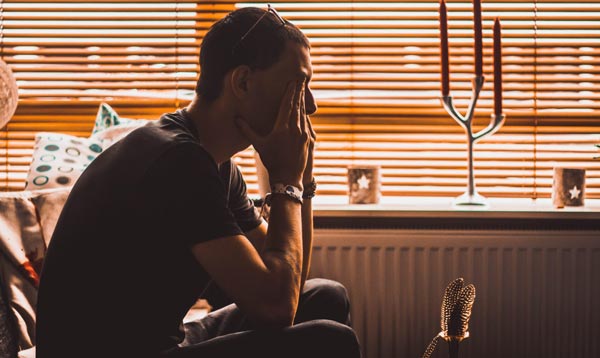Partial Hospitalization Programs, also called PHP, provide intensive clinical treatment for people who need structured support without entering inpatient hospitalization. PHP is designed for individuals who are stable enough to live at home or in supportive housing while still needing daily therapeutic care.
At The Heights Treatment in Houston, PHP offers evidence based treatment for substance use disorders, mental health conditions, and co occurring concerns. It is an effective level of care for people who have recently completed detox, are stepping down from residential treatment, or need more support than weekly outpatient therapy can provide.
Who Benefits From PHP
PHP is helpful for clients who need daily structure, ongoing monitoring, and coordinated treatment planning. It is often recommended for people who are experiencing symptoms of depression, anxiety, trauma related disorders, or challenges with sobriety that require intensive support.
What Treatment Includes
PHP at The Heights Treatment includes individual therapy, group therapy, psychiatric care, medication management, and evidence based modalities such as CBT and DBT. Clients attend treatment several hours per day, five days per week.
How PHP Supports Recovery
PHP helps stabilize symptoms, strengthen coping skills, and create a foundation for long term recovery. As clients progress, they often transition into our IOP program or our OP program for continued support.
When PHP Is Recommended
A licensed clinician evaluates which level of care is appropriate. PHP is commonly recommended for people who:
- Completed detox or residential treatment
- Need structured support to maintain sobriety
- Experience significant symptoms of depression or anxiety
- Need daily clinical intervention to stabilize
- Have a history of relapse without structured care
Related reading:
Depression Treatment
Trauma Therapy
Start PHP in Houston
Our team can provide a confidential assessment to determine if PHP is the right level of care. Learn more about our PHP program in Houston.





